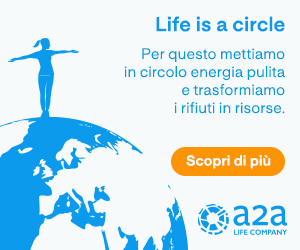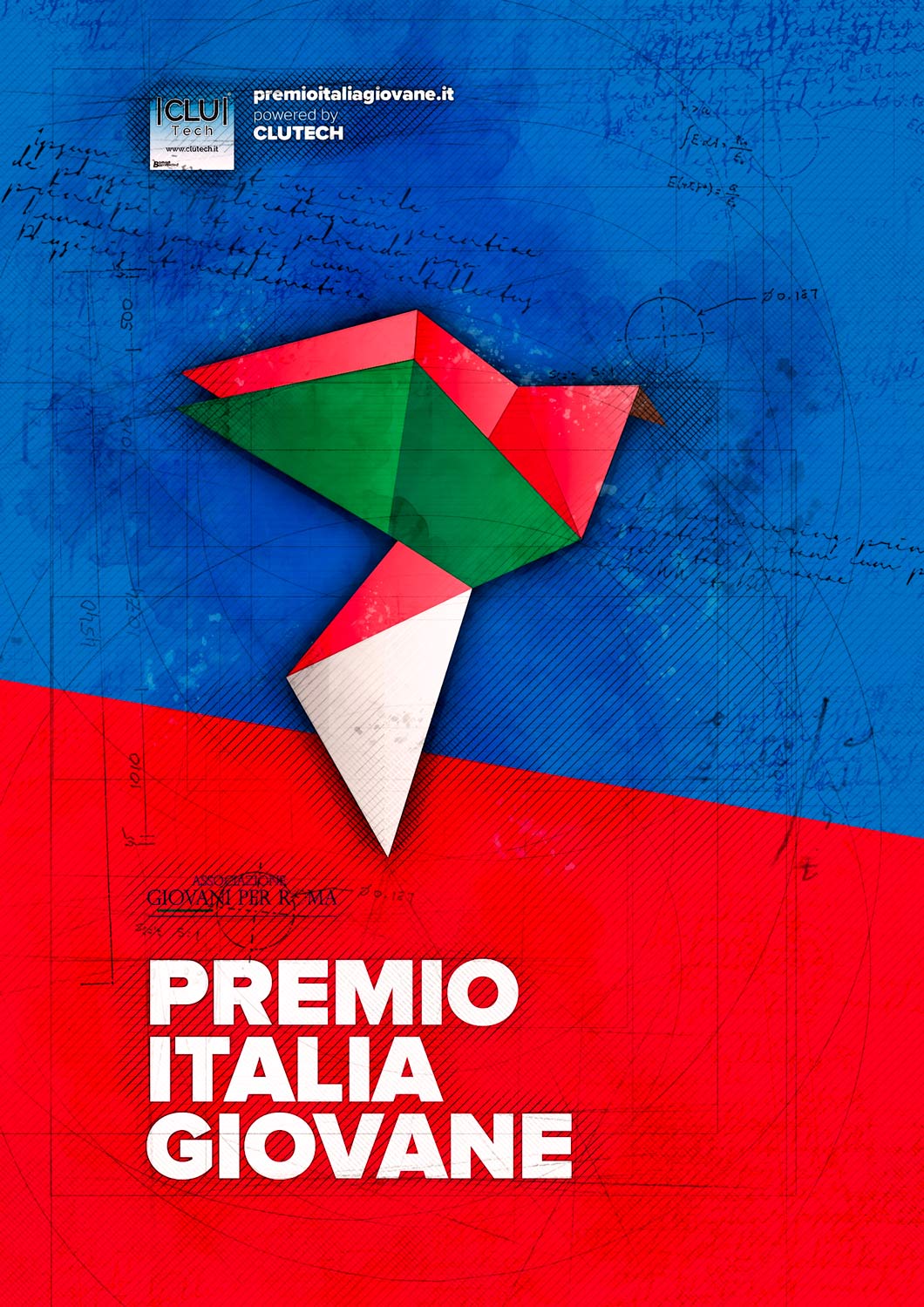Abstract – Identifying what makes a city “smart” requires taking into account different dimensions of innovation, which in turn are linked to well-established concepts in the literature on the evolution of cities and the role of the citizen. Following some of the most interesting interpretations, in smart cities a technological layer is superimposed to and interconnected with the existing urban structure and framework, allowing its citizens-users to interact in an advanced way with other actors, such as public administration and goods and services suppliers, and more in general, with all the infrastructures. The paradigm of the Smart City is the result of the evolution of reasoning about the city and its relevant issues. Only a critical and rigorous assessment of the implementations of current models enables a better insight into the concept, justifying the need for a proactive path towards the integration of different ecosystems.
Keywords: Smart Cities, Smart Community, Social Innovation, Open Data, Digital Transformation, ICT, Urban Community, Sustainability.
The experience of smart cities is largely present in Europe, especially in Northern Europe and also in special cases in Spain and in other Mediterranean countries. The area of smart cities brings together multiple levels of development in a variety of contexts, from technological innovation, to digitization in the social and economic sectors, advanced management of energy resources, environmental sustainability, alternative mobility, new business models, sustainable building solutions, culture and smart education. Smart cities are the result of a long path towards the “telematic city”, where the human component still maintains a fundamental role.
With reference to the technological progress, experts have always highlighted the central role of citizens, starting from the earliest experiences of social networks up to all the networks that implement collaborative models of citizenship. The objectives of the smart cities include revolutionary perspectives of radical change with the aim of a progressive improvement of the quality of life through new ways of dissemination of knowledge, environmental responsibility and sustainable growth. Among the enabling information and communication technologies, the use of Cloud computing and IoT platforms currently introduces disrupting innovations, especially in their combined use, since the data from each single function, operation and service in a smart city, after being collected, analyzed, processed and used, offer sources of new forms of digital business.
The hyper-connected environment of smart cities, self-sufficient, sustainable and transparent, transforms the dynamics of a traditional city: from the optimization of the interactions that are now able to reduce distances, to the new figure of the citizen, the smart citizen, to the new forms of participation in decision-making processes and the new models of economic, social and environmental development. The new media and new digital applications, in the perspective of the pervasive computing paradigm, enable the transmission of multi-directional information, which offers the opportunity to enhance the efficiency of the dialogue with the administrations. SI-IES Ltd has been trying to support and foster the experiences of smart cities by creating a virtual digital innovation hub in the context of the Industry 4.0, with the aim to provide high-level advisory services, professionally adapted to small and medium businesses, based on the main concepts of digitalization.
The “hardware” of an urban environment, its “physical appearance” and its technical characteristics have always represented a key component in the generation and evolution of socio-cultural processes. The environment affects the creative developments of a society, shaped in its relational dynamics. Human beings have always measured themselves with nature by altering and optimizing processes and functions through technology: in fact each solution has tried to change spaces, in a process that has had strong impacts on civic aspects and on social aspects of daily life. From an evolutionary perspective the original elementary parameters of measurement were the sensory parameters. The body dimension, the proximity and the simultaneity were dominant in those socio-cultural dynamics. Starting from this, the construction of public spaces, of the polis and the distinction of social conscience from the individual one were achieved.
Smart cities represent an opportunity to face the challenge of increasingly limited resources with the hope of improving current state of the art through shared proposals and decisions, which can stem from conscious investments in human capital. The new digital dimension of reality is characterized by a flow of information that reshapes the spatial and temporal limits, aiming at collective benefits. The encounter between the human being as a digital being and as a social being, and therefore the internalization of a multiplicity of forms of living the city, will allow the development of adequate services, towards models of social and cultural innovation.
In the context of smart cities, the concept of the free access to certain categories of data (in an Open Data framework), becomes essential for the administrations that intend to create a relationship of trust with citizens, while respecting a transparent sharing of public data. The possibility for citizens to make use of available data, together with companies and associations, enhances their active involvement. Training and education play a relevant role in this “clever” revolution, through the exploitation of many innovative learning technologies and learning methods. One of the main objectives is to enhance the awareness of the changes that are taking place and the related opportunities.
Applying the new models and a rigorous and critical evaluation of the results in the national and international context is the only way to test the different ways of translating the concept of smart cities and urban development methodologies. Before the early implementation of smart cities, the creation of participatory laboratories in a virtual dimension was stimulated in a virtual dimension, for example through virtual cities and the use of Virtual Reality Modeling Language (VRML). The rebirth of a city must necessarily start from the active involvement of the population, of its will and creative force, in order to look for new forms of collaboration and connection between the different actors.
The new collaborative models of must be supported by adequate infrastructures to guarantee sustainable growth from an economic, social and environmental point of view. In particular, ICT infrastructures play a crucial role as a facilitator of the processes of innovation, sharing and active participation by citizens-users. Among the main challenges for the evolution of smart cities, the search for more effective and feasible methods to coordinate the different technologies adopted for the use of urban data, new and adequate forms of urban organization and governance, and security aspects can be listed. In the context of the development and increasing use of enabling technologies for smart cities, particularly in the fields of energy efficiency and security in the households, the District DOMUS "District of Information and Communication Technologies for the development of Intelligent and sustainable environments " was formed in Italy. Here SI-IES Ltd collaborates with public universities, research centers and large companies in the ICT field. In the national context, the significant experience of the Shell project can be mentioned, which operates in the area of sustainable environments for living.
Bibliography
– Caragliu A. Del Bo C., Nijkamp P., 2009, Smart Cities in Europe
– Vogelij J. 2011, Some thought about Smart Cities, Soest, NL
– Grandi R., 2010, Le città creative, La rivista il Mulino, No. 452,6
– Mumford L.. 2013, La città nella storia, Edizioni di Comunità, Milano
– Griful J., De la ciudad inteligente a los negocios inteligentes, CTecno, 2013
– Fundacion Telefonica, 2011, Smart Cities: un primer paso hacia la internet de las cosas, Informe, https://www.fundaciontelefonica.com/arte_cultura/publicaciones-listado/pagina-item-publicaciones/itempubli/101/
– Falconio E., Caprioli F., 2013, Smart city. Sostenibilità, efficienza e governance partecipata. Parole d’ordine per le città del futuro. Gruppo 24 Ore, Milano
– Phills J.A. Jr, Deiglmeier K, Mille D.T., Rediscovering Social Innovation, https://ssir.org/articles/entry/rediscovering_social_innovation
– Laundry C., 2000, The Creative City. A Toolkit for Urban Innovators, London, Sterling, Earthscan
– Smart city – Ranking of European medium-sized cities. Centre of Regional Science of Vienna
– Murgante B. e Borruso G., Smart cities: un’analisi critica delle opportunità e dei rischi, GEOmedia n°3-2013
– Smith A., 1998, Virtual Cities – Towards the Metaverse, Virtual City Resource Centre, http://www.casa.ucl.ac.uk/planning/virtualcities.html


